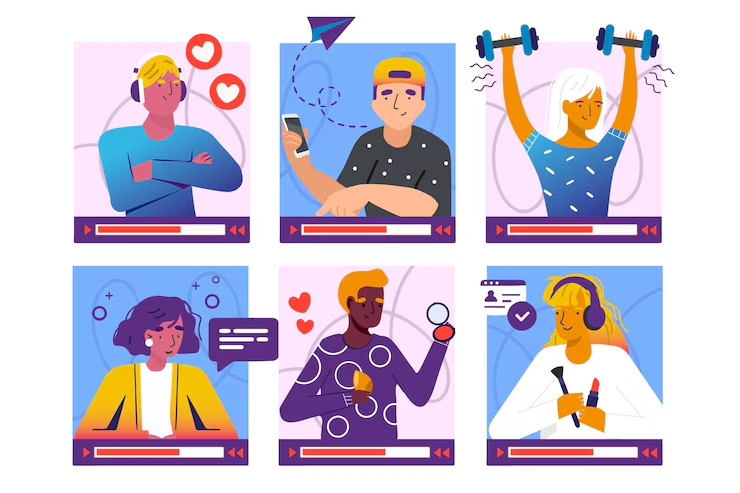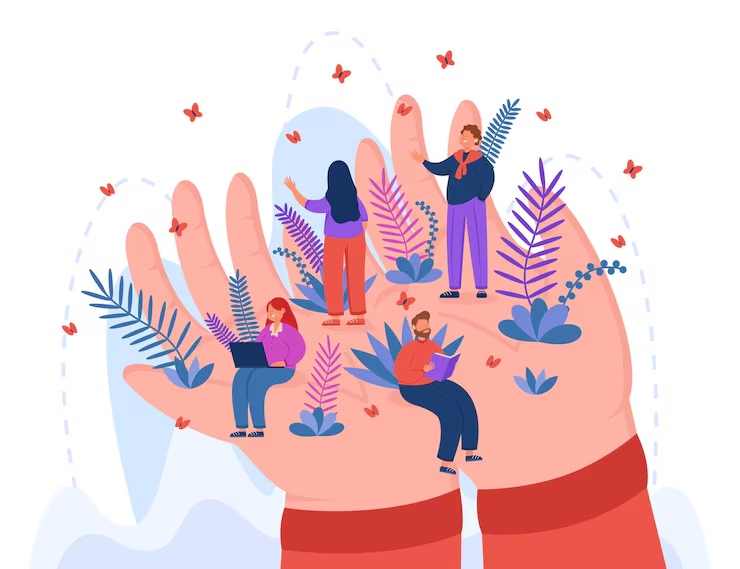How Personality Changes When We Move to a New City and 3 Important Examples of It
Picture this: you pack your life into boxes, wave goodbye to your old neighborhood café, and land in a new city where you don’t know a soul. Suddenly, you’re the “new person” — the one squinting at bus routes, Googling “best tacos near me,” and pretending to know what “hip” means in this new ZIP […]
How Personality Changes When We Move to a New City and 3 Important Examples of It Read More »










